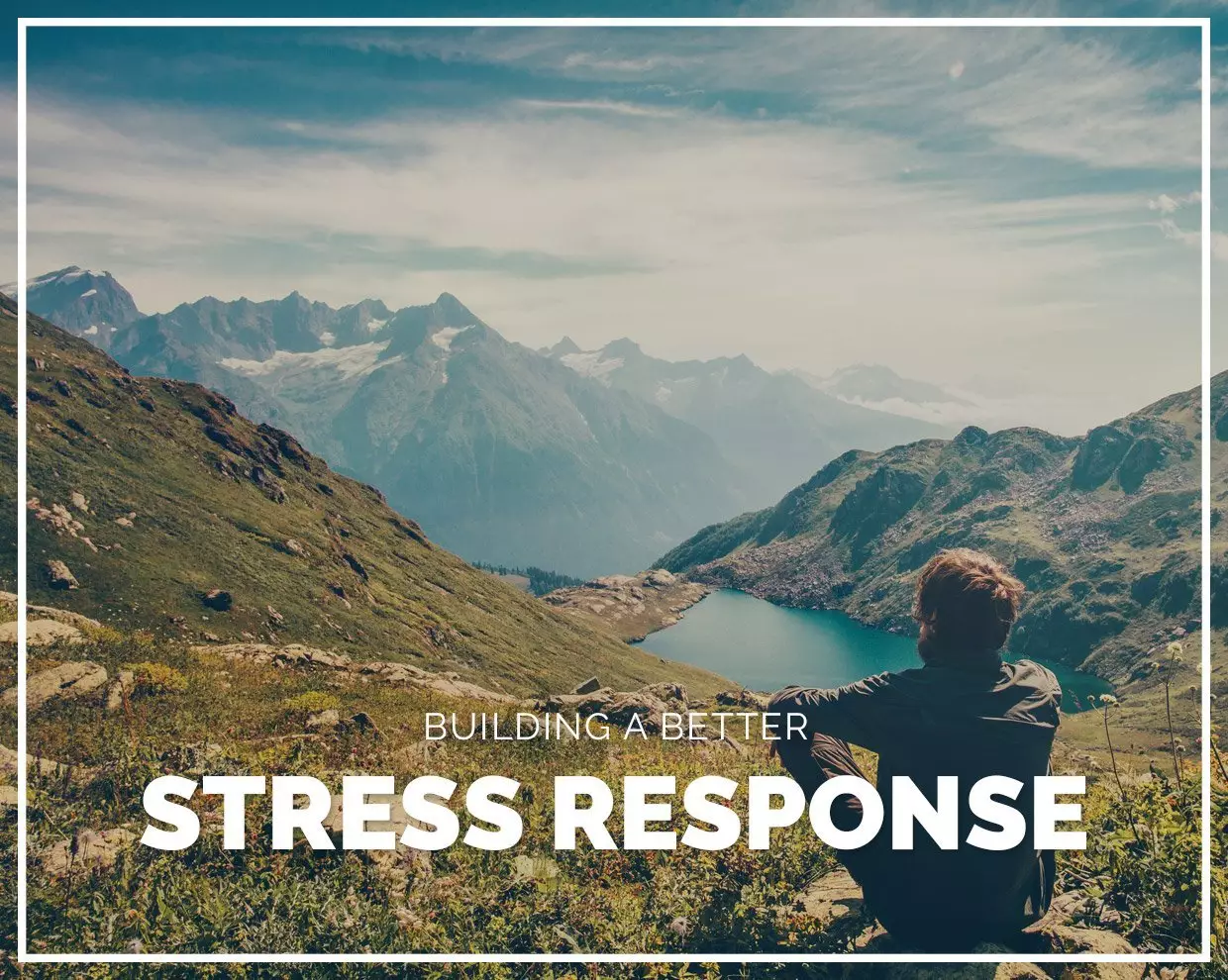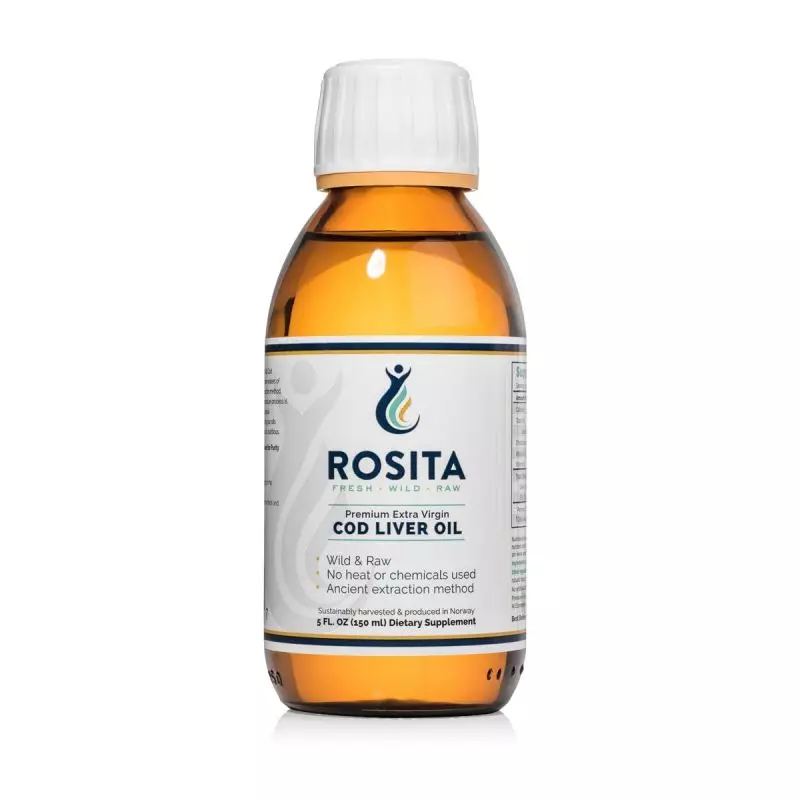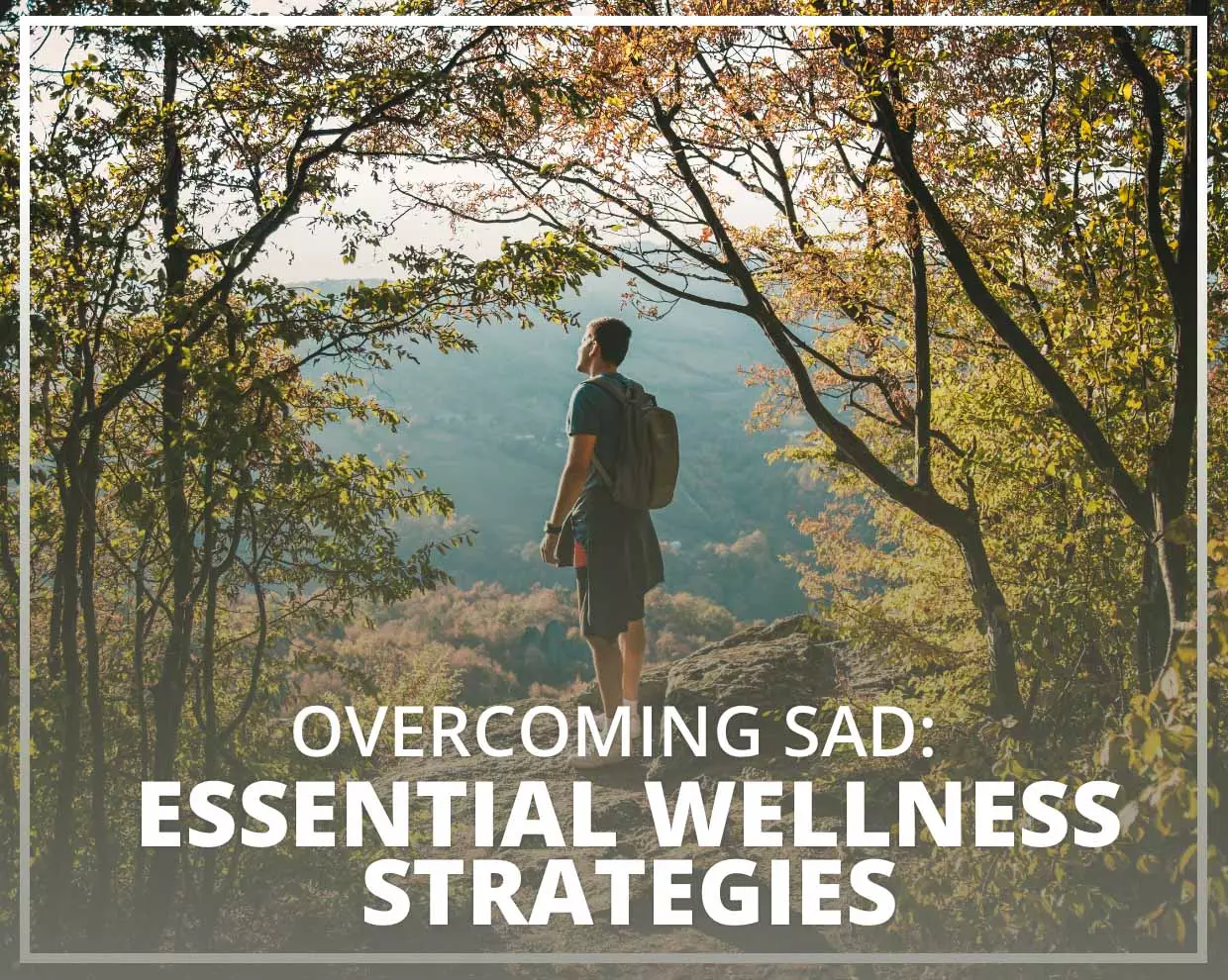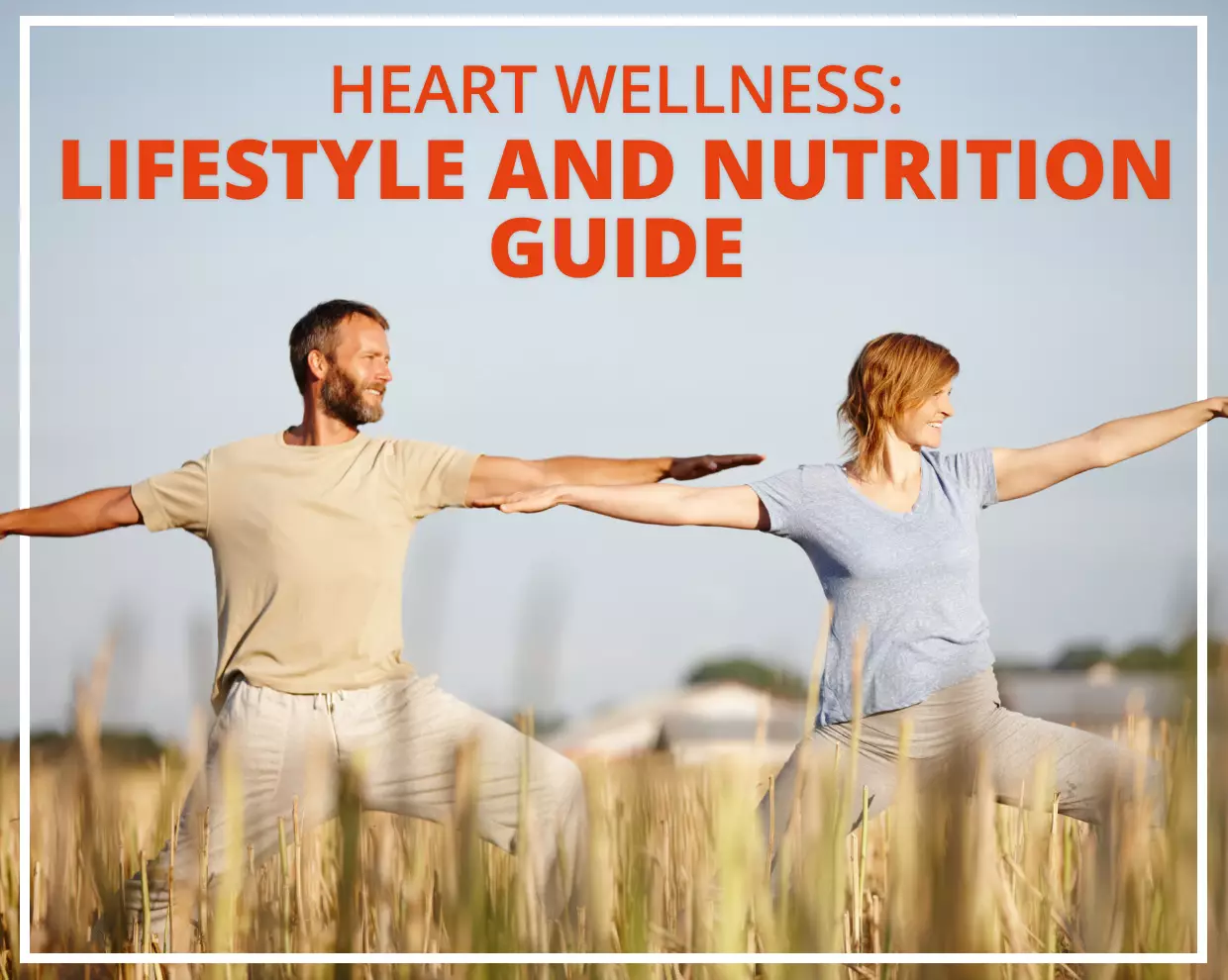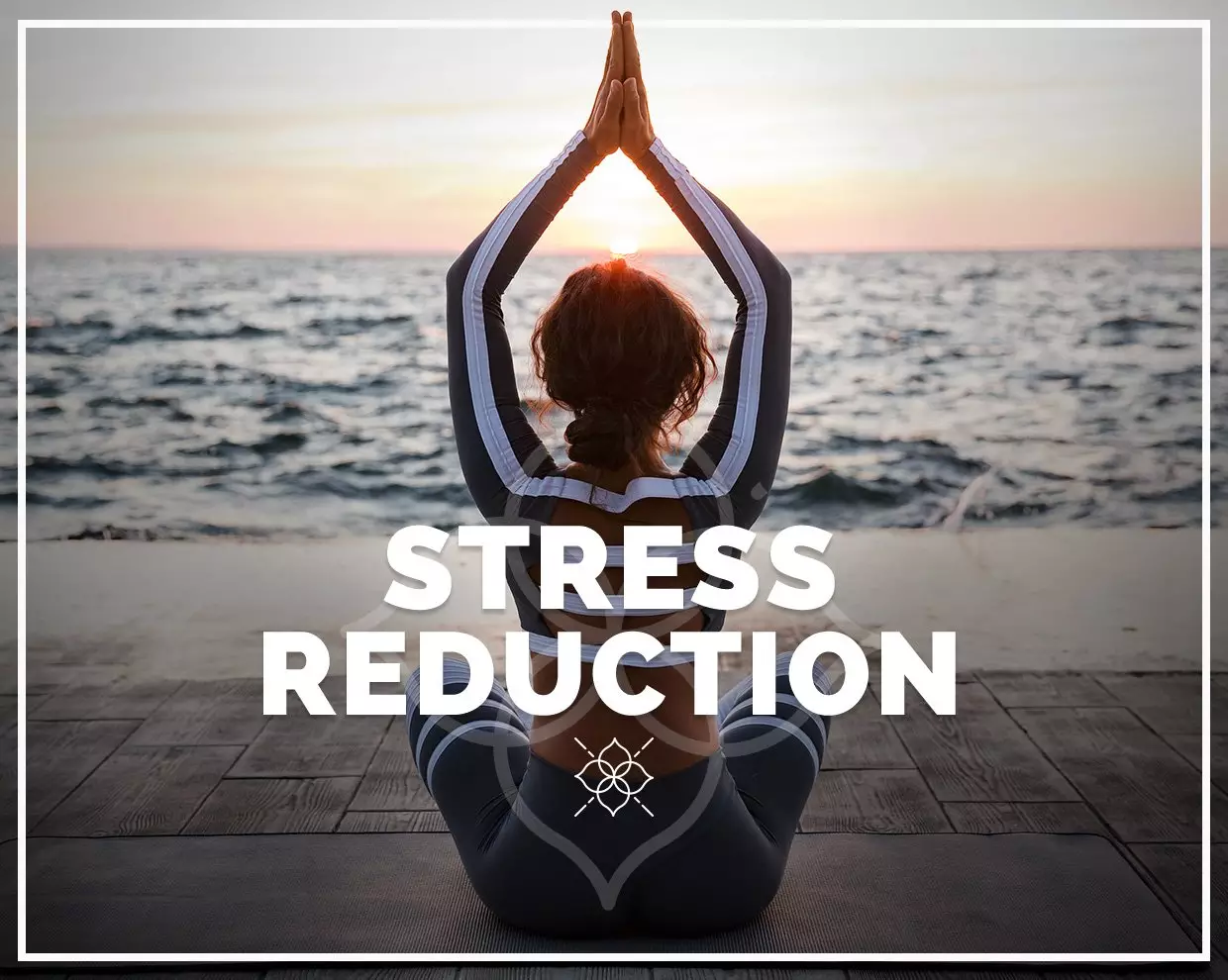Toxic stress, caused by things like workplace burnout, a nutritionally deficient diet, prolonged anxiety and chronic insomnia, can have lasting repercussions on our mental and physical state and lifespan.
In fact, toxic and chronic stress is one of the key causes of accelerated ageing, and studies have found that these types of stress can shorten the length of our telomeres - one of the key biomarkers of ageing(1).
There are, however, some benefits of feeling temporarily stressed or anxious, and both can be useful tools when we know how to take advantage of them. The chemical reactions caused in our bodies when we feel stressed and anxious are internal alarm systems created through evolution to alert us to both internal and external threats. For example, when starting a new job, feeling stressed can help us build the resilience and capacity necessary to deal with new demands, and keep us on our toes.
Despite these positive benefits, it’s still important to practise stress-relieving techniques to prevent stress levels from rising too high. In our daily lives, we’re in a constant state of flux, trading our energy and time for money, work, to-do lists, chores, and maintaining our relationships.
Our top 3 stress reduction tools
One of the best stress management tools is to carve five minutes out of our day to focus our attention inwards and foster a sense of control over our own energy, and not to be controlled by it. It’s important to use this time to check in with yourself, and take a break from your chores, work or screen to close your eyes and connect to your breath.
The benefits of breathwork should not be overlooked. Deep abdominal breathing encourages full oxygen exchange and can slow the heartbeat and lower (or stabilise) blood pressure(2). In contrast, shallow breathing limits the diaphragm’s range of motion since the lungs aren’t able to get a full share of oxygenated air. This can make you feel short of breath, anxious and overwhelmed, especially so if you are going through a stressful situation. Unfortunately, we are most likely to engage in shallow, fast breathing when we’re going through a challenging time or feeling pressured, which is exactly the opposite of what we need to practise. Starting a breathwork practice doesn’t have to take much time - in fact, just 10 minutes of slow, deep, full-body breathing a day can elicit a relaxation response.
A regular yoga and meditation practice has also been shown to promote and improve cardiovascular function, reduce stress, anxiety, depression and chronic pain, improve sleep patterns and enhance wellbeing. In fact, a study found that consistent yoga practice improved depression and increased serotonin levels - our happy hormone(3). The slow, gentle poses and deeper breathing helps optimise the body’s sympathetic nervous system and its response to stressful stimuli, restoring the autonomic regulatory reflex mechanisms associated with stress. They also inhibit the areas in the hypothalamus responsible for fear, aggression, and rage, and stimulate the rewarding pleasure centres in the forebrain, which could lower anxiety, heart rate, respiratory rate and blood pressure(4).
Guided meditations may be helpful when you first get started - our favourites are Headspace and Tara Brach but there are lots of great options available.
An individual approach
Our capacity for stress is highly individual and can vary according to personal and environmental factors. There is some evidence that the relationship between our personality and our adaptability to stress is a mutual one(3). Some studies have found people with higher self-esteem performed better and had lower cortisol responses to acute stressors(4).
For example, intermittent fasting can, for some, be a great way to use low-level stress to their advantage, but for others, it can be too much to cope with. When we practise intermittent fasting, after roughly 16 hours, any damaged cells and mitochondria in our body start to be digested and recycled, including organisms like bacteria and viruses. This is called an autophagic reaction and occurs just before the damaged cells die, showing that our body is able to adapt well to stress. In fact, external stressors such as fasting, trigger beneficial chemical reactions in our body that encourage cellular renewal and regeneration(5).
That’s not to say that everyone should practise intermittent fasting; people with chronic conditions, such as diabetes or cancer, or people with eating disorders, should refrain from practising intermittent fasting because of the potential for low blood sugar, inadequate calorie intake, and the possibility of not meeting their nutritional needs. In some people, fasting can place too much stress on the body, causing too much cortisol to be produced, which could further wear them down and exacerbate serious health conditions.
In summary
Acute stress responses in healthy individuals don’t usually pose a health burden, and can even be beneficial experiences for those who have good coping tools, helping to build resilience and strength, both mentally and physically. However, if stressors are intense too strong and persistent in vulnerable individuals, whether because they due to a lack of the necessary coping tools, suffer from serious health conditions or aren’t able inability to adapt, chronic stress can contribute to ageing and illness, even increasing the risk of depression, anxiety, heart disease and type-2 diabetes. It’s, therefore, crucial to learn how to manage stress and to give your body the best support possible through a healthy diet, exercise and good sleep. Practising stress-relief exercises such as breathwork, yoga and meditation can be hugely beneficial when dealing with stress overload, helping to increase resilience and decrease anxiety.
Finally, identifying internal stressors which may be underlying and hidden sources of systemic, chronic stress on your body, including food intolerances, pathogens (including H.pylori), gut parasites or small intestinal bacterial overgrowth (SIBO)*, can be hugely beneficial. We can help you with this one - see our health coaching page for more information.
References
1 How different types of stress affect telomere length and aging | Elissa Epel
2 Relaxation techniques: Breath control helps quell errant stress response
3 Exploring the therapeutic effects of yoga and its ability to increase quality of life
4 STRESS AND HEALTH: Psychological, Behavioral, and Biological Determinants
5 What is autophagy? Degradation, recycling, and a beneficial response to stress | Guido Kroemer

 AU Store
AU Store  UK Store
UK Store NZ Store
NZ Store EU Store
EU Store

